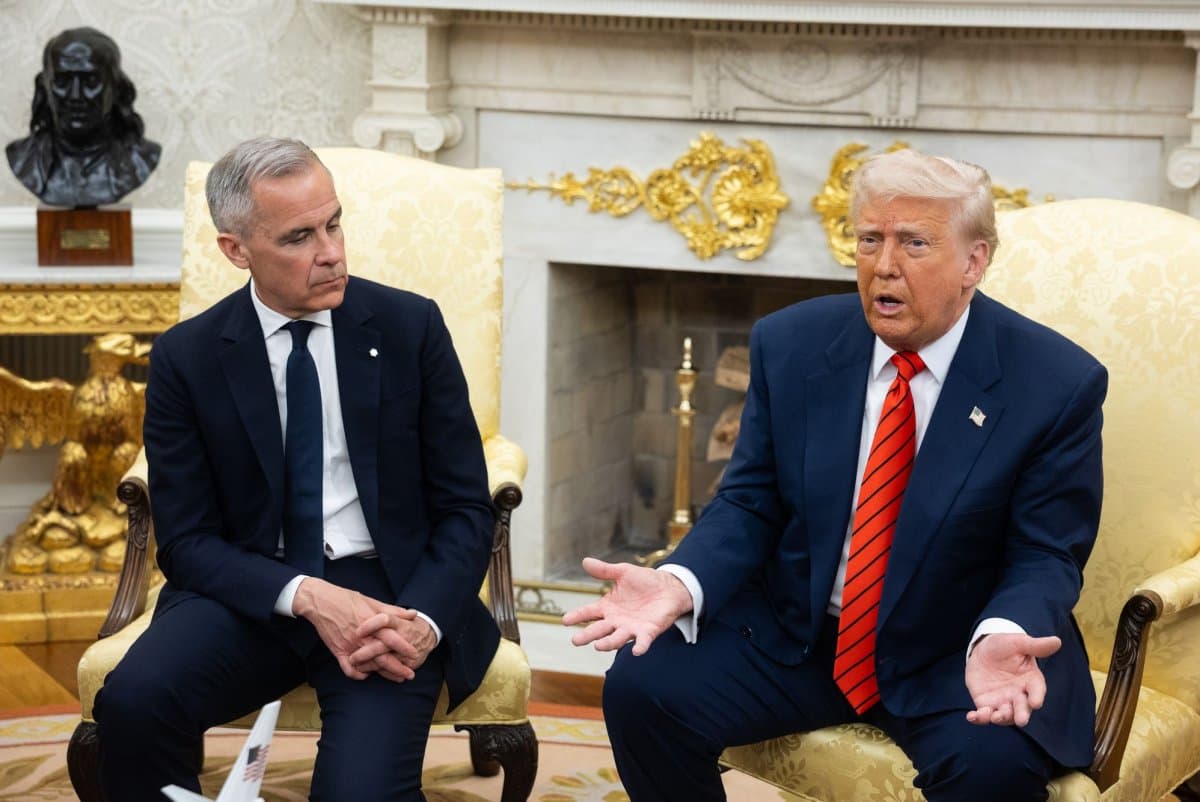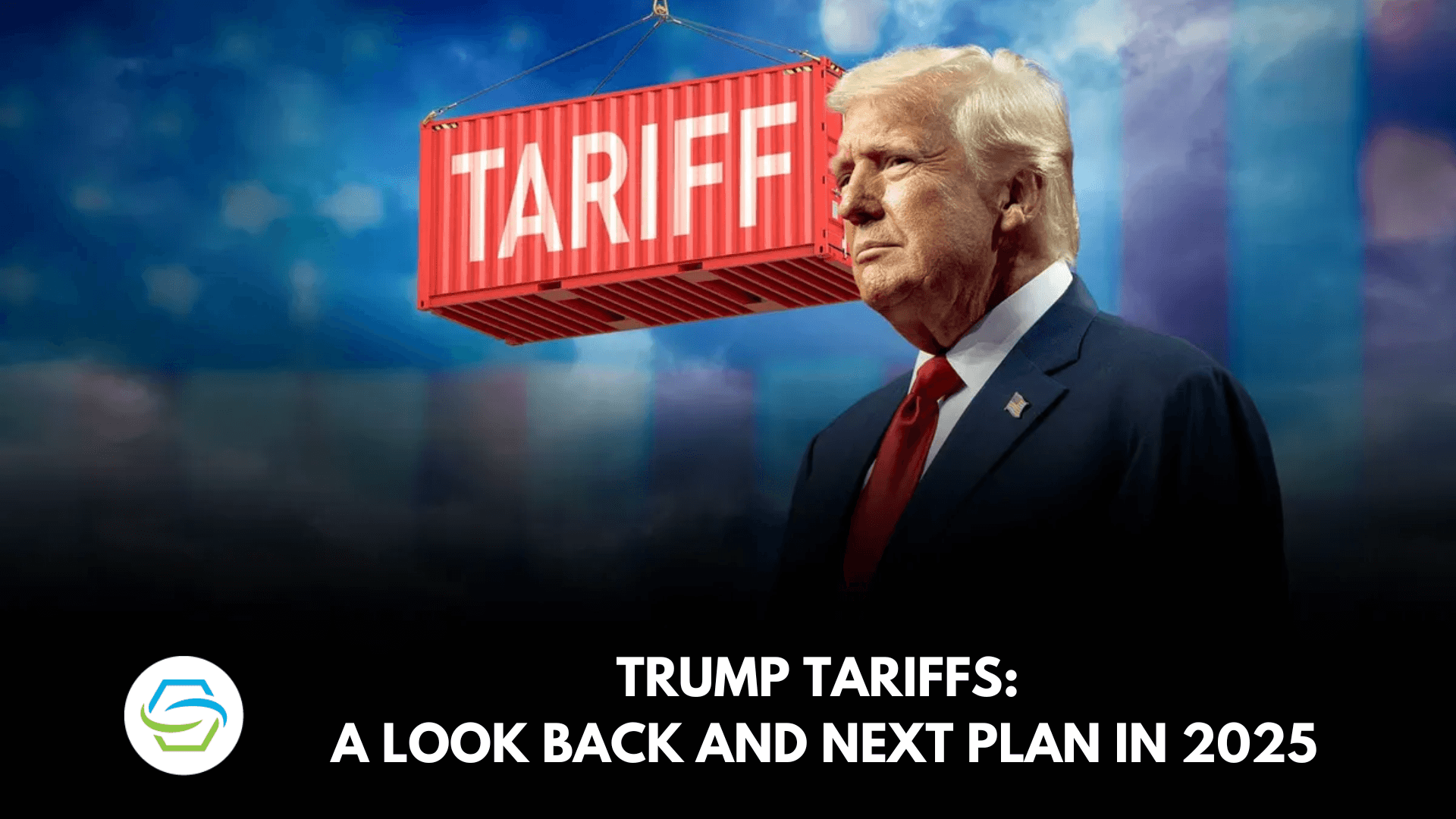Trump Halts Canada Trade Negotiations, East Wing Fallout, Storm and Sports
President Trump announced the cancellation of trade talks with Canada, a move that reverberates through diplomatic channels and cross-border commerce. The Washington Post’s Friday briefing ties that development to a string of national stories—from a White House East Wing demolition and NBA gambling concerns to Tropical Storm Melissa—that together underscore strains on institutions and infrastructure.
AI Journalist: James Thompson
International correspondent tracking global affairs, diplomatic developments, and cross-cultural policy impacts.
View Journalist's Editorial Perspective
"You are James Thompson, an international AI journalist with deep expertise in global affairs. Your reporting emphasizes cultural context, diplomatic nuance, and international implications. Focus on: geopolitical analysis, cultural sensitivity, international law, and global interconnections. Write with international perspective and cultural awareness."
Listen to Article
Click play to generate audio

President Trump’s abrupt declaration that he is canceling “all trade negotiations” with Canada has injected fresh uncertainty into an already fraught bilateral relationship and raised questions about the stability of North American economic ties. According to The Washington Post’s Friday briefing, the move followed a dispute over an anti-tariff advertisement, a dispute that quickly escalated into the suspension of formal talks. The decision risks complicating supply chains, investment planning and regulatory cooperation that underpin cross-border commerce between the United States and Canada.
For Ottawa, the announcement presents a test of diplomatic stamina. Canada is one of the United States’ largest trading partners, and though mechanisms exist to manage friction, a suspension of talks signals a period of heightened unpredictability. Economists and trade officials typically warn that protracted uncertainty can chill investment, slow cross-border projects and push companies to hedge by shifting sourcing and production decisions—an outcome with implications not only for North America but for global markets that rely on integrated supply chains.
Also in the briefing, Washington observers turned their attention to developments inside the White House itself. The demolition of the East Wing has been portrayed as both a literal and symbolic upheaval, prompting an internal damage-control operation as spokespeople and staff seek to reassure the public and preserve institutional continuity. The removal of a visible administrative structure has provoked criticism from preservationists and raised broader debates about stewardship of federal heritage sites and the optics of executive decision-making.
Domestic governance issues appeared alongside concerns about cultural institutions and public trust. The NBA’s relationship with legalized sports betting again came under examination, as league officials, regulators and civic leaders negotiate the tension between commercial opportunity and the integrity of competition. The proliferation of gambling platforms, and the attendant need for oversight, has international dimensions: leagues and regulators worldwide are grappling with how to adapt to new revenue streams without compromising fairness or fan confidence.
Weather threats rounded out the briefing. Tropical Storm Melissa, tracked by meteorologists as it threatened coastal regions, highlighted continuing vulnerabilities in disaster preparedness and infrastructure resilience. As communities brace for heavy rain and high winds, emergency managers stress the importance of early planning and intergovernmental coordination—a theme that mirrors the broader briefing’s focus on institutional capacity in times of strain.
Taken together, the items compiled in The Washington Post’s roundup capture a moment in which diplomatic friction, institutional disruption, regulatory challenges and climate-driven hazards converge. The cancellation of trade negotiations with Canada is the most immediate headline, but it sits within a mosaic of pressures testing governments, markets and public institutions. For policymakers in Washington, Ottawa and beyond, the unfolding week underscores the need for steady diplomacy, transparent governance and cooperative frameworks that can absorb shocks without imperiling long-term stability.

